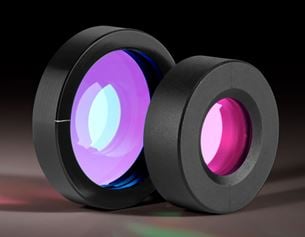 Achromatic Waveplates
Achromatic Waveplates
- Efficient Transmission Across a Broad Range of Wavelengths in a Compact Format
 Achromatic Waveplates
Achromatic Waveplates
1-800-363-1992
or view regional numbers
QUOTE TOOL
enter stock numbers to begin
Copyright 2025 | Edmund Optics, Ltd Unit 1, Opus Avenue, Nether Poppleton, York, YO26 6BL, UK
California Consumer Privacy Acts (CCPA): Do Not Sell or Share My Personal Information
California Transparency in Supply Chains Act